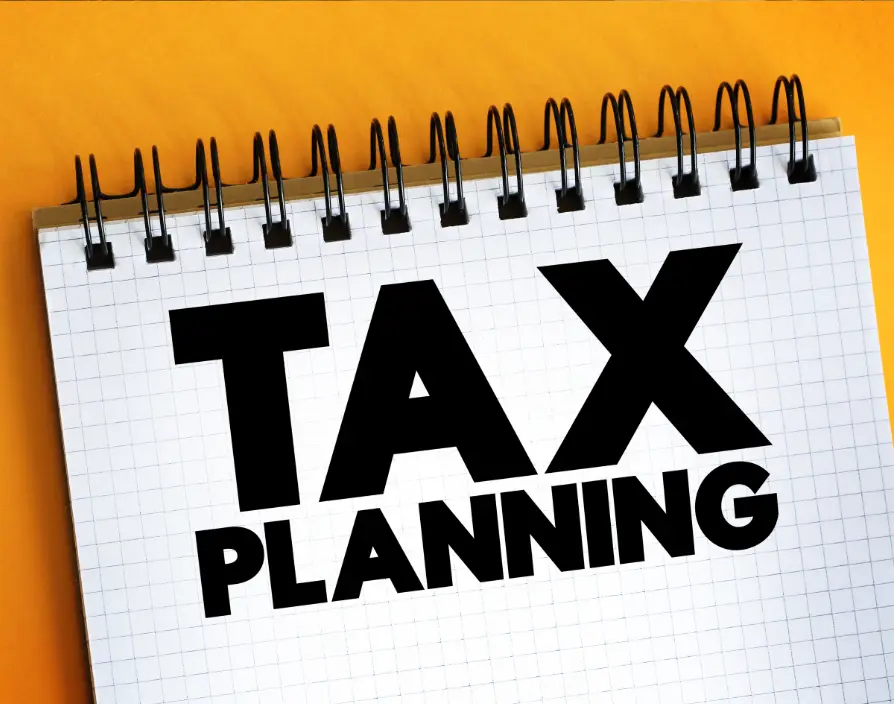For first-time franchisees, understanding the tax landscape is crucial to building a strong foundation for success. By planning strategically, you can avoid costly mistakes, maximize your deductions, and keep your franchise thriving. Here are key tax planning tips every first-time franchise owner in Canada should know.
Know your business structure: Sole Proprietorship vs. Incorporation
The structure of your franchise will impact how your taxes are calculated and what deductions you can claim.
Sole Proprietorship
Easier to set up, with income taxed at your personal rate. Ideal for smaller franchises or those just starting out.
Incorporation
Offers tax benefits like the small business deduction and protection of personal assets. This option works well for franchisees with higher income potential or plans to expand.
Tip: Consult with a tax advisor before deciding on your structure to ensure it aligns with your long-term goals.
Understand the cost of royalties and franchise fees
Franchise fees and ongoing royalties are a significant part of owning a franchise, but they’re also deductible. Initial franchise fees can often be written off over several years, while royalty payments are considered regular business expenses.
Tip: Keep meticulous records of these payments and work with your accountant to ensure they’re included in your deductions.
Track start-up expenses
From training programs to equipment purchases, your start-up costs can add up fast. The good news? Many of these expenses are tax-deductible.
What to track:
- Initial training fees
- Marketing and promotional costs
- Legal and professional fees
- Equipment and leasehold improvements
Tip: Dedicate time to tracking expenses from the start. Cloud-based accounting software can make it easy to organize and access receipts when tax season rolls around.
Take advantage of tax credits
Canada offers several tax credits designed to ease the financial burden of running a business. As a first-time franchise owner, you may qualify for:
Apprenticeship job creation tax credit
Supports hiring apprentices and offsets training costs.
Canada job grant
Covers a portion of employee training expenses, helping you build a skilled workforce.
Tip: Research which credits apply to your franchise model and claim them to reduce overall costs.
Don’t overlook leasehold improvement deductions
Customizing your franchise space to meet brand standards is often necessary—and expensive. Leasehold improvements, such as painting, installing fixtures, or renovating, are deductible over the term of your lease.
Tip: Plan improvements early in your lease to maximize the deduction period and align your tax benefits with business growth.
Plan for GST/HST compliance
Franchise owners must charge and remit GST or HST based on their province’s rates. Filing errors can lead to costly penalties, so understanding your obligations is crucial.
Tip: Set aside funds for tax remittance regularly and consider automating the process with accounting software to avoid surprises.
Keep an eye on cash flow and tax payments
Managing cash flow is critical for first-time franchisees. Quarterly tax installments may be required depending on your income, so staying on top of your obligations will prevent penalties.
Tip: Work with a financial planner or accountant to forecast your cash flow and set aside funds for tax payments ahead of deadlines.
Build a relationship with a Tax Advisor
Navigating taxes as a franchise owner is complex, especially for first-timers. A tax advisor familiar with franchise operations can help you identify deductions, structure your finances, and create a tax strategy tailored to your goals.
Tip: Don’t wait until tax season—engage a tax professional early to ensure your financial setup is optimized from day one.
Taxes may not be the most exciting part of owning a franchise, but they’re essential to long-term success. By understanding deductions, leveraging tax credits, and staying proactive, first-time franchise owners can maximize savings and avoid costly mistakes. With careful planning and the right professional support, you’ll be well-positioned to make the most of your new business venture.
The takeaway? Tackle taxes early, stay organized, and let smart financial planning fuel your franchise’s growth.








